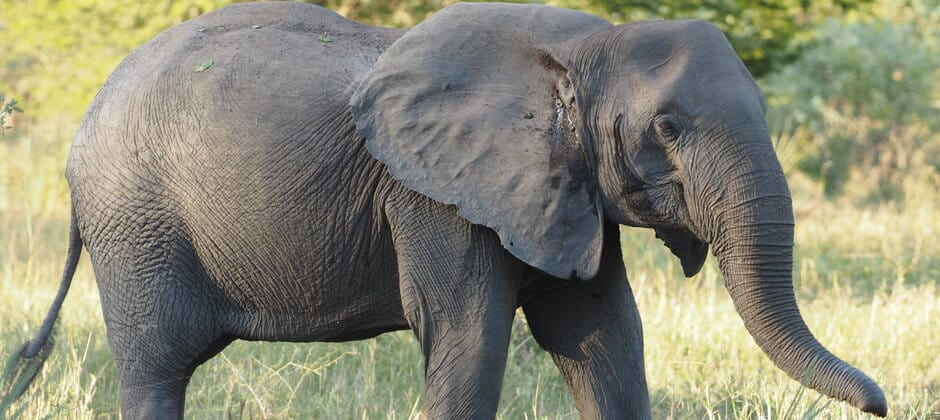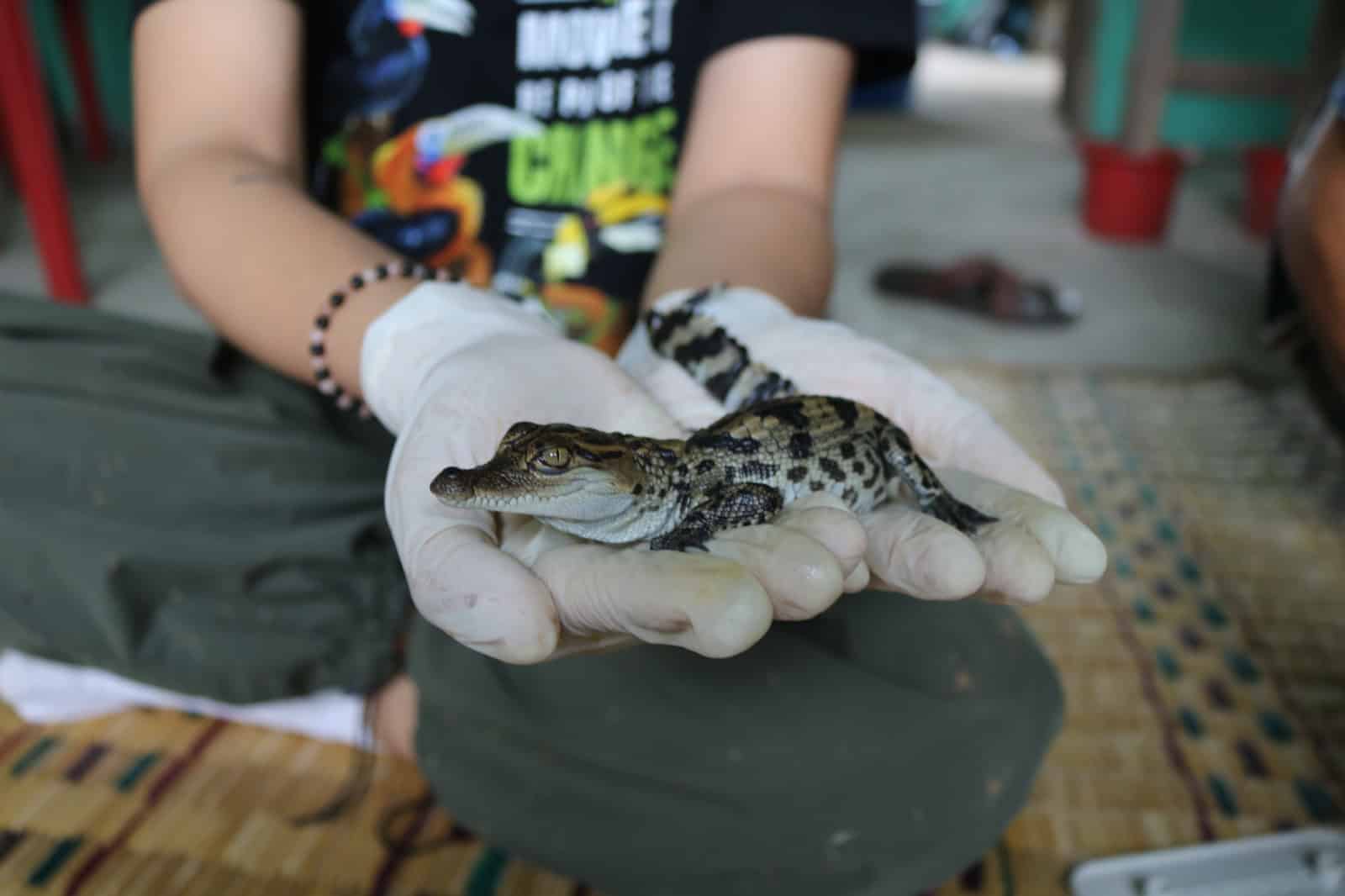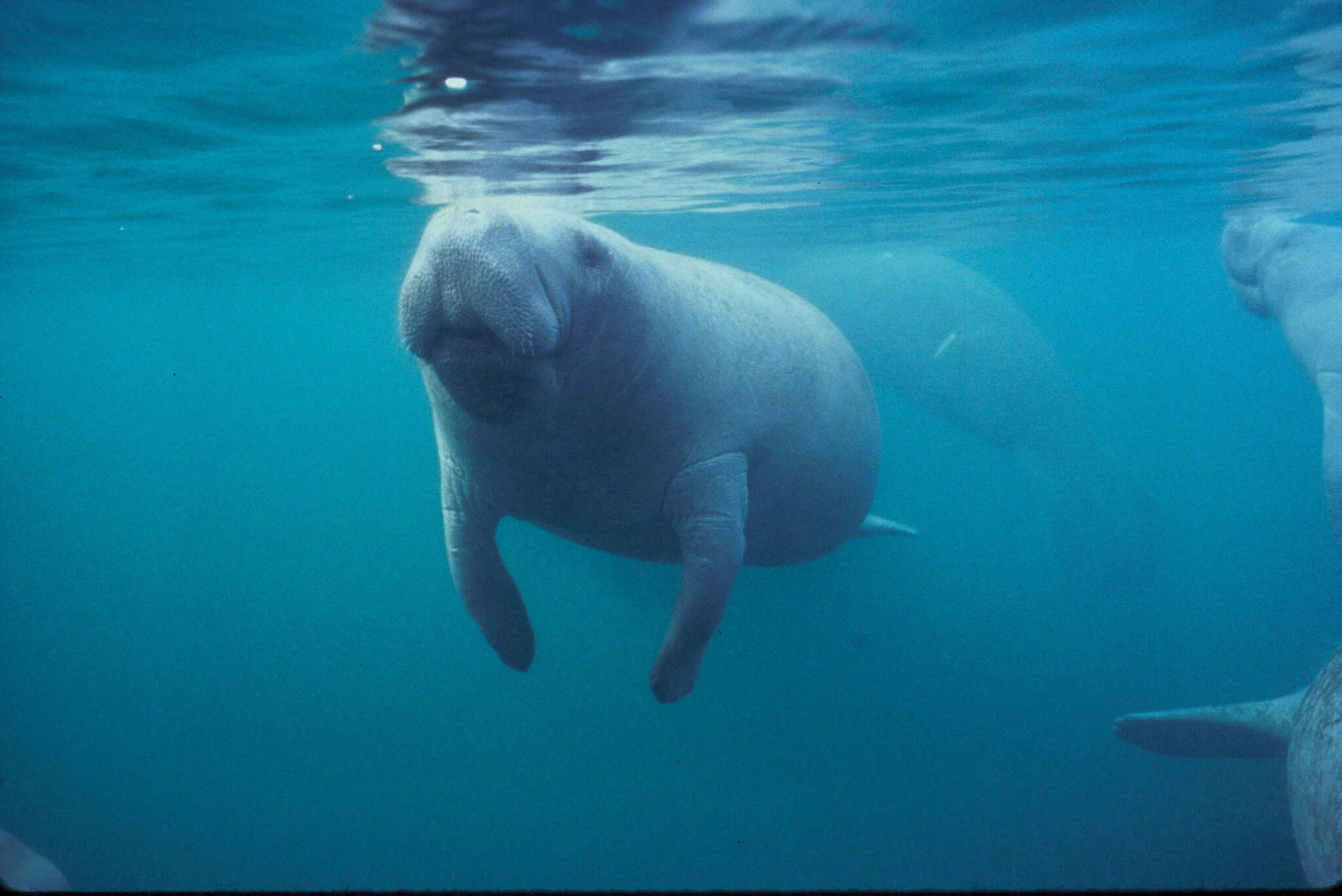Share this article
Tuskless elephants evolve in wake of massive poaching
Ivory poaching in Mozambique has led to an increase in tuskless elephants in one park. Using video footage and photographic records, researchers found that as elephants (Loxodonta africana) were illegally hunted in Gorongosa National Park during the Mozambican Civil War, their numbers plummeted 90%, but the percentage of tuskless female elephants rose from about 18% to 51%. Writing in Science, the researchers say the change is related to “specific genes that generated a tuskless phenotype more likely to survive in the face of poaching.”
But while the loss may help protect the elephants from poachers, researchers say, it raises questions about the elephants’ ability to survive without tusks, which they use to dig for water, strip bark from wood for food and other purposes.
“If an elephant doesn’t have the tool to do those things, then what happens?” asks lead author Shane Campbell-Staton, a Princeton University evolutionary biologist.
Header Image: A female tuskless elephant in Gorongosa National Park, Mozambique. Credit: Judy Gallagher








